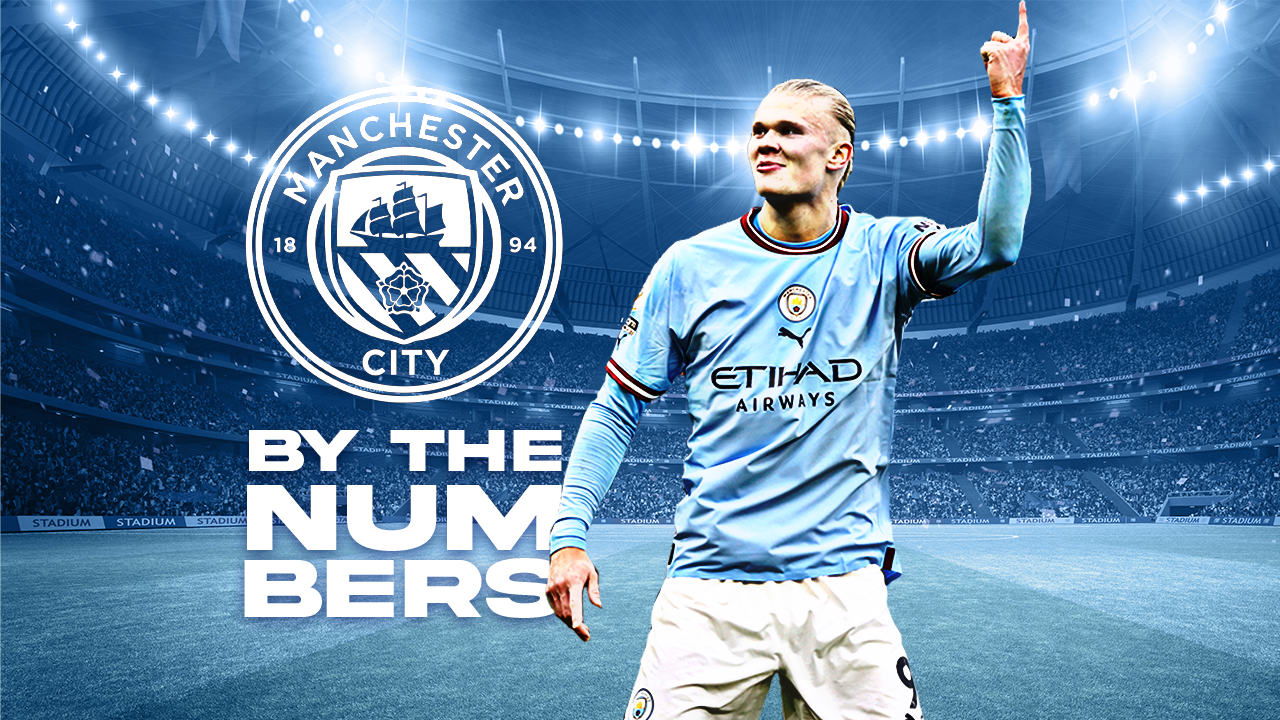A team known for their amazing talent, tactical skill, and exciting yet efficient style of play, Manchester City has been the dominant force in English football in recent years. However, occasionally, even with their tremendous success, City doesn’t live up to the hype. Delves into the mechanics of contemporary football, club management, and the demands of sustained performance are necessary to comprehend why Manchester City is at times both good and dreadful.
The Hallmarks of Manchester City’s Success
- Tactical Mastery: Manchester City has come to be associated with creative strategies and dynamic, flowing football under Pep Guardiola. Because of Guardiola’s emphasis on ball possession, fast passing, and intense pressing, City is a difficult team for any side to play against.
- World-Class Squad: Phil Foden, Erling Haaland, and Kevin De Bruyne are just a few of the world’s top players on City’s roster. The squad’s depth and caliber enable City to compete at the top level in a variety of events.
- Financial Backing: The club’s owners have made a large financial commitment, which has allowed City to sign elite players and construct cutting-edge facilities, such as the Etihad Campus. Their capacity to continue operating at a high level is greatly influenced by their financial strength.
- Consistency in Performance:City has taken home multiple Premier League crowns, FA Cups, and League Cups in the last ten years. Their capacity for high-level performance on a regular basis is evidence of their organizational power and strategic planning.
When Things Go Wrong
- Injury Crises: Injury to important players is one of the most frequent causes of City’s slumps in performance. Players are prone to weariness and injuries due to Guardiola’s style’s physical demands, which can throw off the team’s rhythm and efficacy.
- Tactical Stubbornness: Guardiola’s dedication to his tactical beliefs can occasionally backfire. Against high-pressing teams, his concentration on playing out of the back and holding possession even under extreme pressure can result in costly errors.
- Complacency: Complacency can arise from success. Sometimes, especially when playing lower-tier teams, City tends to let up on the gas. This lack of focus and haste may cause unanticipated draws or losses.
- Mental Pressure: Players are under tremendous mental strain when they compete in many competitions, such as the Premier League, Champions League, and domestic cups. Performance might be impacted by stress and exhaustion brought on by the pressure to win every game.
- Adversaries’ Adaptation: Rivals see City’s approach and modify their strategy accordingly. Teams frequently take a defensive stance in an attempt to take advantage of City’s counterattack. These practiced defensive lineups have the ability to annoy City and reduce their chances of scoring.
Notable Examples of City’s Inconsistency
- Champions League Challenges: City has had difficulty winning the Champions League despite their brilliance at home. Losses against underdogs in the elimination rounds have brought attention to weaknesses, especially when up against opposition that can successfully counter City’s style.
- Shock Domestic Losses: City’s vulnerability will be highlighted by games against clubs like Norwich City in 2019 and Crystal Palace in 2021. When City dominates possession in these games, they frequently miss opportunities to convert, allowing their opponents to take advantage of rare openings.
Balancing the Good with the Bad
- Squad Rotation: It’s critical to effectively rotate your squad in order to manage player workload. Although switching up his lineup frequently can occasionally throw off the team’s cohesion, Guardiola does it to keep players fresh.
- Learning from Defeats: One essential component of City’s resilience is its capacity to recover from setbacks. The team is able to adapt and get better when it examines and learns from losses.
- Maintaining Hunger: It is vital to maintain the team’s motivation and hunger for victory. The team’s dedication to ongoing development and Guardiola’s leadership both contribute to the team’s ability to compete at the top level.
- Versatility in Tactics: By creating alternate tactical plans, City can lessen the chance of tactical predictability by having the adaptability to deal with various opponents and circumstances.
FOR MORE LATEST AND INTERSTING BLOGS PLEASE VISIT OUR PAGE = https://usabloghouse.com/sports/
Conclusion
Manchester City is among the greatest teams in contemporary football thanks to their combination of tactical brilliance, elite talent, and substantial financial backing. But the same elements that make them so outstanding can also cause them to falter from time to time. Injury, opponents’ adaptability, complacency, mental strain, and tactical rigidity are all aspects of the complicated environment that may make or break City’s season. To appreciate their achievements as well as their challenges, one must comprehend these dynamics. The combination of skill and fragility is ultimately what makes watching Manchester City so fascinating.
